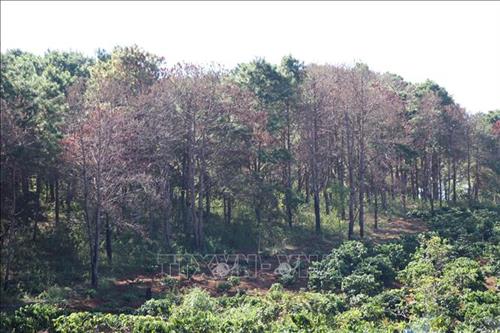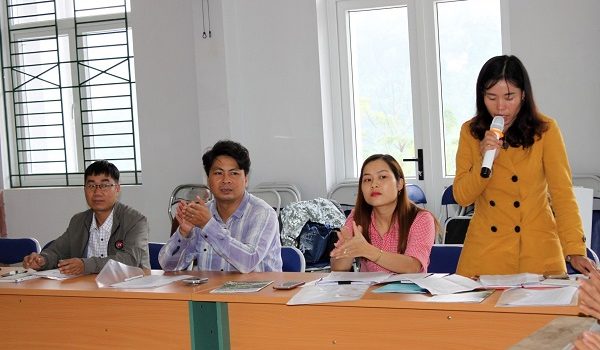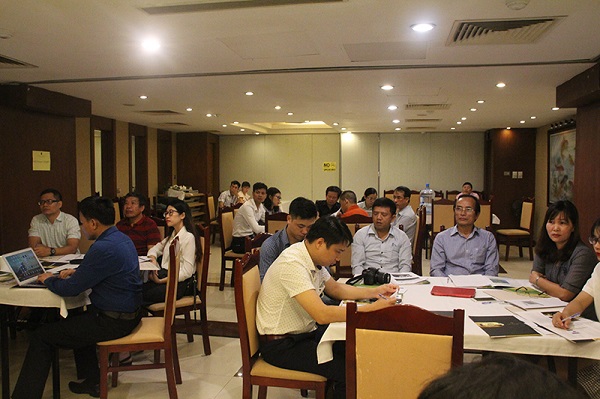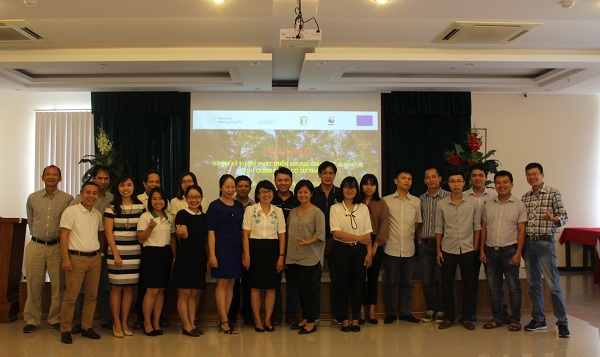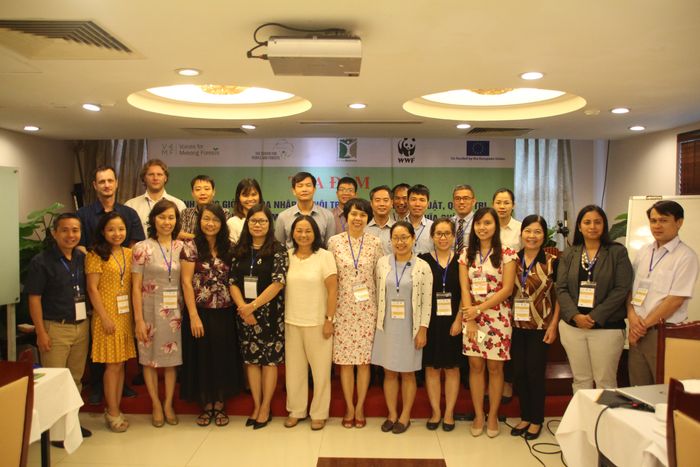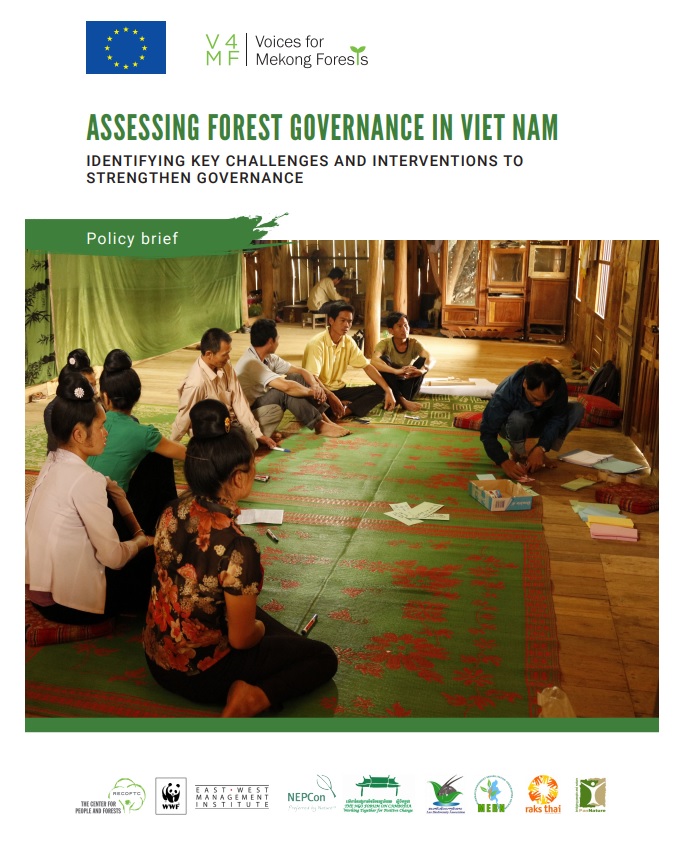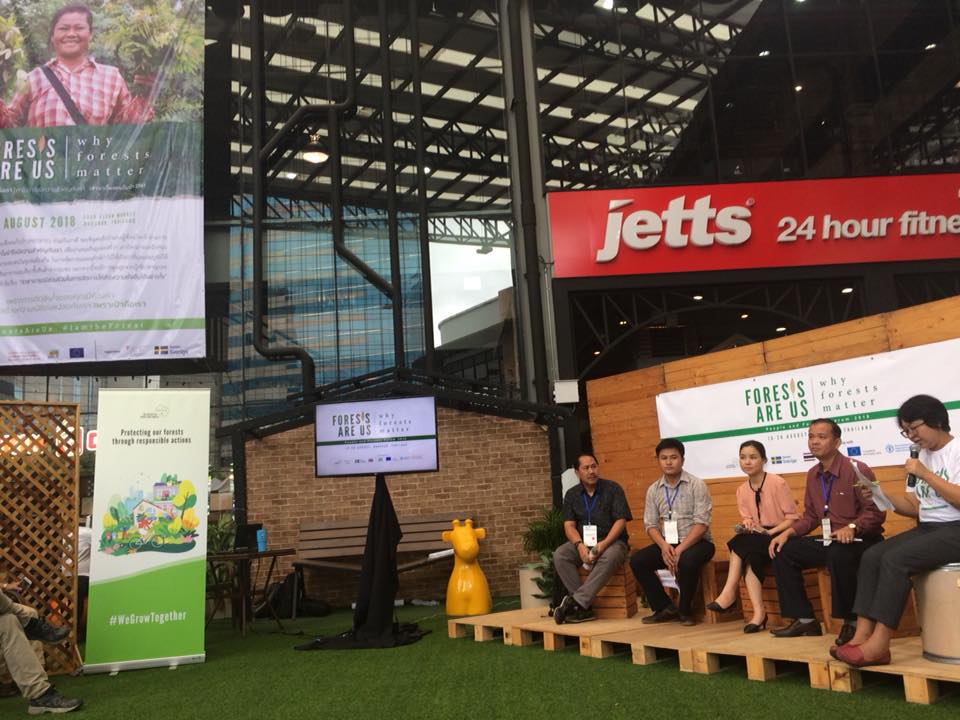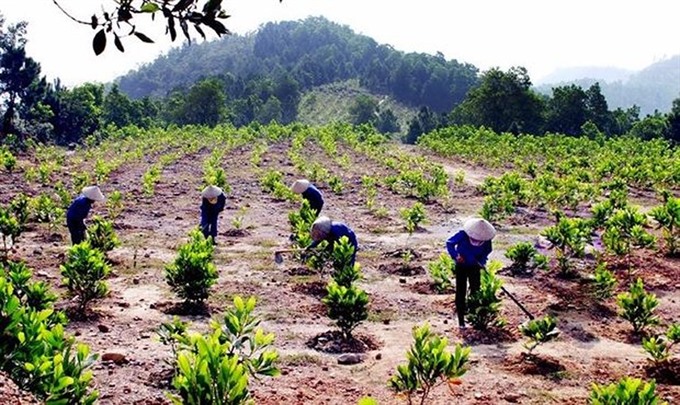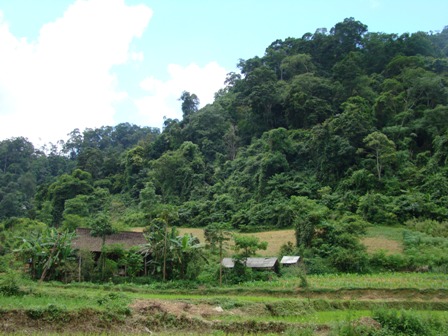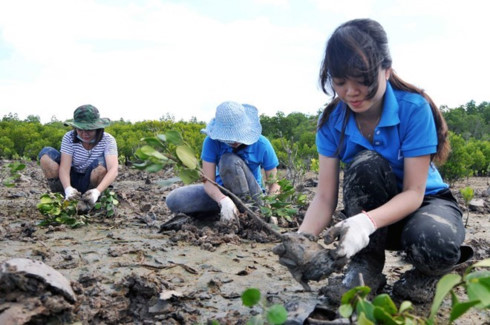PanNature is working to gain legal recognition of thousands of sacred forests in Vietnam as part of the national protected area system through revisions to the Forest Protection (2017) and Development Law (FPDL) and Biodiversity Law (2018). Hoang Xuan Thuy, vice director of the NGO PanNature, which is headquartered in Hanoi, a member of the Vietnam Union of Sciences and Technology Associations and part of the ICCA Consortium/ Global Forest Coalition, of group PanNature seeks help in ensuring that all sacred forests in Vietnam, and not only large ones, will be recognized in new laws enabling sacred forests to be designated as part of the national protected area system. This article is seeking your input and advice.

